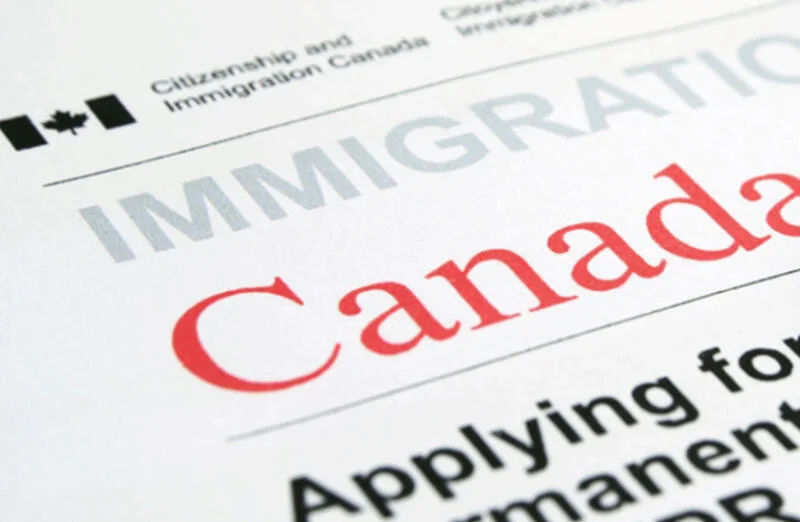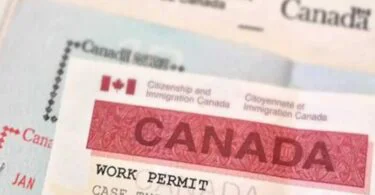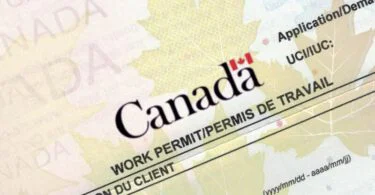Canada is one of the most popular destinations for skilled workers from India who want to immigrate and build a better life. Canada offers a high quality of life, a multicultural society, a strong economy, and a welcoming attitude towards newcomers. But how can you get a job in Canada from India? What are the steps and requirements you need to follow?
This article will guide you through finding and applying for jobs in Canada from India. We will also share some tips and resources to help you increase your chances of success. Whether you are a newly graduated mechanical engineer, a software developer, or a nurse, there is a job opportunity for you in Canada.
Table of Contents
Step 1: Do Your Research
Before you start looking for jobs in Canada, you must research the Canadian labor market, the skills and qualifications in demand, and the requirements for working in Canada. You can use various online tools and websites to help you with your research, such as:
- The Government of Canada’s Job Bank: This is the official website where you can find thousands of job postings across Canada. You can also explore different occupations, learn about wages, skills, and education requirements, and get labor market information for each province and territory.
- The Arrive App: This free app helps newcomers prepare for life and work in Canada. You can access personalized career advice, resume and interview tips, networking opportunities, and job search tools.
- The Canadian Visa Website: This website provides information and assistance on immigration and visa programs for Canada. You can learn about the different pathways to work in Canada, such as the Express Entry system, the Provincial Nominee Program, or the Atlantic Immigration Pilot. You can also check your eligibility and get professional guidance on your application process.
- Quora: This website is where you can ask questions and get answers from experts and other users. You can find valuable insights and tips from people who have successfully found jobs in Canada from India or other countries. You can join relevant communities and topics related to Canada, immigration, and careers.
Step 2: Prepare Your Resume and Cover Letter
Once you have researched and identified potential job opportunities in Canada, you must prepare your resume and cover letter. Your resume and cover letter are your first impression to potential employers, so you must ensure they are clear, concise, and professional. Here are some tips to help you craft an effective resume and cover letter for Canadian employers:
- Use Canadian spelling and terminology: For example, use “resume” instead of “CV,” “color” instead of “color,” and “labor” instead of “labor.”
- Highlight your skills and achievements: Use bullet points to showcase your relevant skills, accomplishments, and results. Use numbers and metrics to quantify your impact whenever possible. For example, instead of saying, “Managed a team of engineers,” say, “Managed a team of 10 engineers and increased productivity by 25%”.
- Customize your resume and cover letter for each job: Use a different resume and cover letter for every job application. Tailor them to match the specific requirements and keywords of each job posting. Use the same language and terminology as the employer.
- Proofread and edit your resume and cover letter: Make sure there are no spelling, grammar, or formatting errors in your resume and cover letter. Use online tools like Grammarly or Hemingway to check your writing. Ask someone else to review your resume and cover letter before sending them.
Step 3: Apply for Jobs Online
The next step is to apply for jobs online using various platforms and websites. You can use the websites mentioned in Step 1, such as the Job Bank or the Arrive app, or other popular job boards like Indeed, Monster, or LinkedIn. You can also use niche websites that cater to specific industries or professions, such as Chegg India for education-related jobs or Canadian Visa for immigration-related jobs.
When applying for jobs online, make sure you follow these best practices:
Should you find this piece engaging, we kindly invite you to explore the wealth of content in our other articles:
- Apply early: Apply for a job before the deadline. Apply as soon as possible after the job is posted. This will increase your chances of getting noticed by the employer.
- Follow instructions: Read the job description carefully and follow the instructions on how to apply. Some employers may ask you to fill out an online form, upload your resume and cover letter, or answer some screening questions. Make sure you complete all the steps correctly.
- Track your applications: Keep track of your applications using a spreadsheet or an app. Note down the date of application, the name of the employer, the position title, the status of your application, and any feedback or follow-up actions.
Step 4: Prepare for Interviews
If your application is successful, you will be invited for an interview with the employer. The interview is your chance to showcase your personality, skills, and fit for the job. You need to prepare well for the interview to impress the employer and stand out from the competition. Here are some tips to help you prepare for interviews with Canadian employers:
- Research the employer: Learn as much as possible about the employer, its mission, vision, values, culture, products, services, and goals. You can use their website, social media, news articles, or annual reports to find relevant information. This will help demonstrate your interest and enthusiasm for the job and the employer.
- Practice common interview questions: Anticipate the employer’s questions and prepare your answers. You can use online resources like Glassdoor or Quora to find examples of interview questions for specific jobs or employers. You can also use the STAR method (Situation, Task, Action, Result) to structure your answers and provide specific examples of past experiences.
- Prepare your questions: At the end of the interview, you will have the opportunity to ask your questions to the employer. This is your chance to show your curiosity and eagerness to learn more about the job and the employer. Prepare thoughtful and relevant questions to help you decide if the job suits you. For example, you can ask about the expectations, challenges, opportunities, or culture of the job or the team.
- Test your technology: Since you are applying from India, your interviews will likely be conducted online using video conferencing tools like Zoom or Skype. You need to ensure your technology is working properly and that you have a stable internet connection, a good webcam, a clear microphone, and a quiet and professional background. Test your equipment and connection before the interview, and have a backup plan if something goes wrong.
Step 5: Follow Up and Negotiate
After the interview, you must follow up with the employer and thank them for their time and consideration. You can send a thank-you email within 24 hours of the interview and restate your interest and qualifications for the job. You can also use this opportunity to address any concerns or questions that may have arisen during the interview.
If you receive a job offer from the employer, congratulations! You have successfully found a job in Canada from India. However, before accepting the offer, you should negotiate some aspects, such as the salary, benefits, relocation assistance, or start date. Here are some tips to help you negotiate effectively with Canadian employers:
- Do your research: Find out the average salary and benefits for your position and industry in Canada. You can use websites like PayScale or Glassdoor to get salary data and compare it with your current or expected salary in India. You can also consider other factors like the cost of living, taxes, exchange rates, and quality of life in Canada.
- Be respectful and realistic: Don’t make unreasonable or unrealistic demands that may offend or discourage the employer. Be respectful and polite in your communication and express your appreciation for the offer. Explain why you deserve a higher salary or better benefits based on your skills, experience, and value. Provide evidence and examples to support your request.
- Be flexible and open-minded: Don’t focus only on one offer aspect, such as the salary. Consider the whole package and look for other areas where you can compromise or benefit. For example, if the employer cannot offer you a higher salary, they may be able to provide you with more vacation days, a signing bonus, or a relocation allowance. Be open-minded and willing to explore different options.
The Bottom Line
These are some of the tips and resources on how to get a job in Canada from India. We hope you found article post helpful and informative. Thank you for reading, and good luck with your job search!






